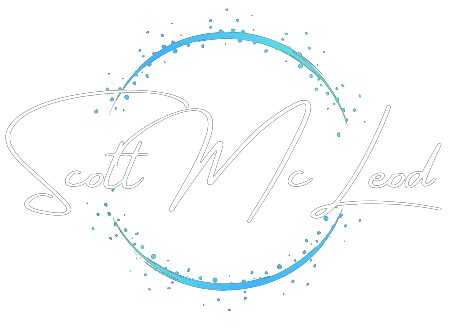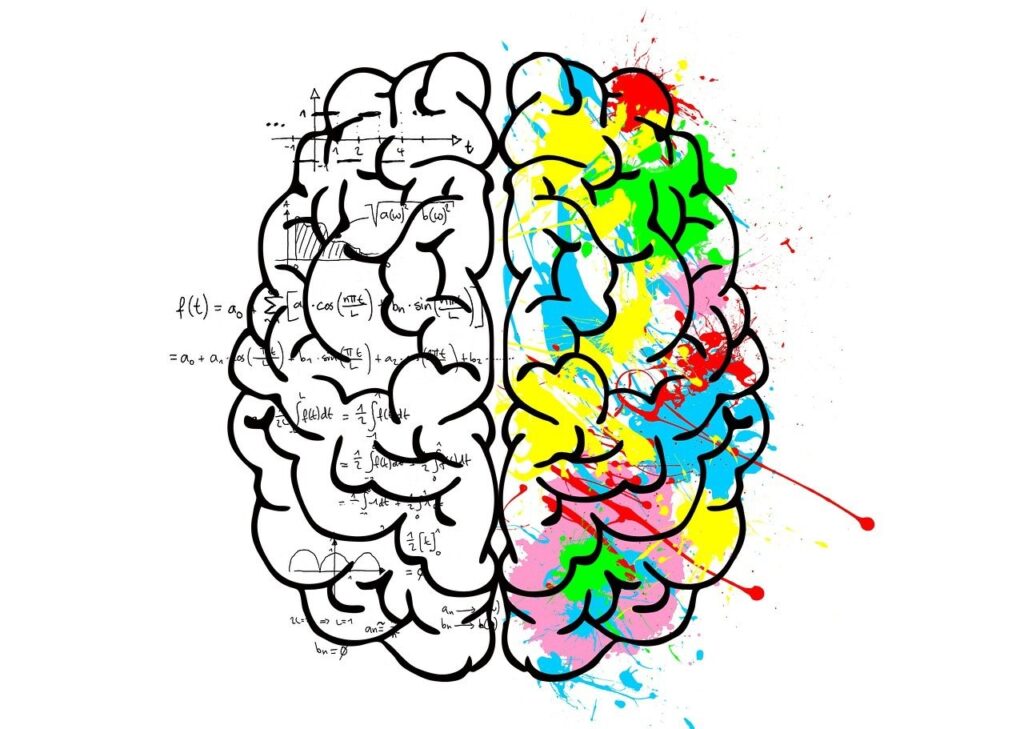In our journey through life, our mindset plays a crucial role in shaping our beliefs, actions, and ultimately, our success. Our mindset is the lens through which we view ourselves, our abilities, and the world around us. It determines whether we embrace challenges, persist in the face of setbacks, and believe in our ability to grow and improve. Two contrasting mindsets have been extensively studied: the growth mindset and the fixed mindset. In this article, we will explore the power of mindset and how adopting a growth mindset can unlock our potential for success.
Growth Mindset vs. Fixed Mindset: Understanding the Difference
The Fixed Mindset
The fixed mindset is characterized by the belief that our abilities, intelligence, and talents are fixed traits that cannot be significantly developed or improved. People with a fixed mindset perceive their qualities as innate and unchangeable. They tend to avoid challenges, fearing failure and the potential damage it may inflict on their self-image. They seek validation and strive to maintain their perception of being smart or skilled, rather than focusing on growth and learning.
The Growth Mindset
In contrast, the growth mindset is grounded in the belief that our abilities and intelligence can be developed through effort, perseverance, and learning. Individuals with a growth mindset view challenges as opportunities for growth and embrace failure as a stepping stone to success. They understand that their potential is not predetermined but can be cultivated through dedication and hard work. This mindset fosters a love for learning, resilience, and a willingness to stretch beyond one’s comfort zone.
The Origins of Mindset: Insights from Carol Dweck
The groundbreaking work on mindset was pioneered by Stanford psychologist Carol Dweck. In her book “Mindset: The New Psychology of Success,” Dweck delves into the power of our beliefs and how they shape our lives. She explores the fixed and growth mindsets in depth, highlighting their impact on our actions, relationships, and achievements.
Dweck’s research revealed that our mindset develops early in life and influences how we approach challenges and setbacks. She conducted studies with children, presenting them with puzzles of varying difficulty. Those with a fixed mindset opted for easier puzzles to maintain their self-image, while those with a growth mindset embraced the more challenging tasks, seeing them as opportunities to learn and grow.
The Benefits of a Growth Mindset
Adopting a growth mindset has profound implications for personal and professional development. Numerous studies have shown the positive impact of a growth mindset on motivation, resilience, and academic performance. Here are some of the benefits associated with a growth mindset:
Increased Motivation and Effort
Individuals with a growth mindset are more motivated to learn and improve. They understand that effort is essential for growth and are willing to invest the necessary time and energy to achieve their goals. This intrinsic motivation fuels their persistence, enabling them to overcome obstacles and reach higher levels of achievement.
Resilience in the Face of Setbacks
A growth mindset cultivates resilience and a positive response to failure. Rather than viewing failure as a reflection of their inadequacy, individuals with a growth mindset see it as an opportunity to learn and refine their approach. They bounce back from setbacks, using the experience to develop new strategies and improve their performance.
Embracing Challenges and Personal Growth
Those with a growth mindset actively seek out challenges to expand their knowledge and skills. They relish the opportunity to step outside their comfort zone, knowing that it is through challenges that they can push their boundaries and achieve personal growth. This mindset fosters a hunger for continuous learning and development.
Improved Relationships and Collaboration
A growth mindset promotes a culture of collaboration and cooperation. Individuals with this mindset value the success of others and are inspired by their achievements. They see feedback as valuable information for growth and actively seek opportunities to learn from others. This open-mindedness enhances communication, teamwork, and the exchange of ideas.
Reduced Anxiety and Stress
The belief in the potential for growth and improvement reduces anxiety and stress associated with performance. Individuals with a growth mindset focus on the process rather than the outcome, understanding that progress and learning are more important than immediate success. This shift in perspective fosters a healthier and more balanced approach to challenges and goals.
Nurturing a Growth Mindset: Strategies for Personal Growth
Developing a growth mindset is an ongoing process that requires self-reflection, intentional effort, and a commitment to personal growth. Here are some strategies to cultivate a growth mindset:
Embrace Challenges and Seek New Experiences
View challenges as opportunities for growth and actively seek out new experiences that push your boundaries. Embrace the discomfort that comes with learning and see it as a sign of progress. By stepping outside your comfort zone, you expand your capabilities and develop new skills.
Emphasize Effort and Persistence
Shift your focus from innate talent to effort and persistence. Understand that hard work and dedication are the keys to success. Celebrate your own efforts and those of others, recognizing that progress and improvement are the true measures of achievement.
Cultivate a Love for Learning
Adopt a lifelong learning mindset and approach every experience as an opportunity to gain new knowledge and skills. Cultivate curiosity and a hunger for understanding. Engage in activities that challenge your intellect and broaden your horizons.
Embrace Failure as a Learning Opportunity
Change your perception of failure and see it as a natural part of the learning process. Embrace failure as an opportunity to learn, adapt, and grow. Analyze your mistakes, identify areas for improvement, and adjust your approach accordingly.
Seek Feedback and Learn from Others
Value feedback as a valuable source of information and growth. Welcome constructive criticism and seek input from others. Engage in meaningful conversations, collaborate with diverse individuals, and learn from their perspectives and experiences.
Cultivate a Positive Mindset
Develop a positive and optimistic outlook on life. Focus on the possibilities and opportunities that lie ahead rather than dwelling on limitations. Adopt a growth-oriented language, replacing self-limiting statements with empowering and affirming beliefs.
Set Realistic Goals and Track Progress
Set challenging but achievable goals that stretch your abilities. Break them down into manageable steps and track your progress along the way. Celebrate small victories and use setbacks as opportunities to reassess and adjust your approach.
Surround Yourself with Growth-Minded Individuals
Surround yourself with individuals who embrace a growth mindset and inspire you to reach your full potential. Engage in discussions, share ideas, and support each other’s growth journeys. Build a network of mentors and peers who can provide guidance and encouragement.
Conclusion
Your mindset is a powerful tool that can unlock your potential for success and personal growth. By adopting a growth mindset, you can overcome challenges, learn from failure, and continuously improve. Embrace the belief that your abilities and intelligence can be developed through effort and dedication. Nurture a love for learning, seek new experiences, and surround yourself with growth-minded individuals. With a growth mindset, you can navigate life’s obstacles with resilience, achieve your goals, and create a fulfilling and impactful life.

